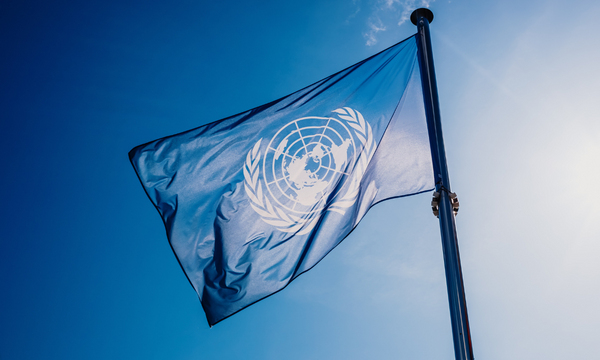
Role of International Organizations in Diplomacy: UN, EU, NATO and Others


International organizations play a critical role in diplomacy, serving as forums for cooperation and negotiation among nations. They provide platforms for member states to address common challenges, promote peace and stability, and advance their shared interests. In this article, we will explore the role of some of the most important international organizations in diplomacy: the United Nations (UN), the European Union (EU), and the North Atlantic Treaty Organization (NATO).
The United Nations (UN) is the world's most prominent intergovernmental organization, with 193 member states. The UN was established in 1945 to promote international cooperation and prevent future wars. It has a wide range of functions, including peacekeeping, conflict resolution, humanitarian aid, and sustainable development. The UN also serves as a forum for member states to address global challenges, such as climate change, disarmament, and human rights.
The European Union (EU) is a unique regional organization that consists of 27 member states in Europe. The EU was established in 1993 to promote economic cooperation and political integration among its member states. It has since expanded its mandate to include foreign policy, defense, and other areas. The EU is a significant player in global diplomacy, with its member states representing the world's largest economy and largest donor of foreign aid.
The North Atlantic Treaty Organization (NATO) is a military alliance that consists of 30 member states in North America and Europe. NATO was established in 1949 to provide collective defense against external threats. It has since evolved to include crisis management, conflict prevention, and other functions. NATO plays a critical role in European security and has contributed to stability in other regions, such as Afghanistan.
International organizations can facilitate diplomacy by providing a neutral forum for member states to negotiate agreements and resolve disputes. For example, the UN has played a critical role in mediating conflicts and negotiating peace agreements in various regions, such as Bosnia, Kosovo, and Sudan. The EU has facilitated negotiations on issues such as trade agreements, climate change, and migration. NATO has played a critical role in crisis management, such as in the Balkans, Afghanistan, and Libya.
International organizations can also provide technical expertise, financial resources, and other support to member states. For example, the UN provides humanitarian aid and development assistance to countries in need, such as refugees and disaster victims. The EU provides financial and technical assistance to its member states and to countries in its neighborhood. NATO provides military training and equipment to its member states and to partner countries.
However, international organizations also face challenges in diplomacy. One challenge is the diversity of member states' interests and priorities, which can lead to disagreements and conflicting agendas. Another challenge is the lack of resources and political will to implement decisions and initiatives effectively. Additionally, some international organizations face questions about their legitimacy and effectiveness, particularly in responding to emerging global challenges.

